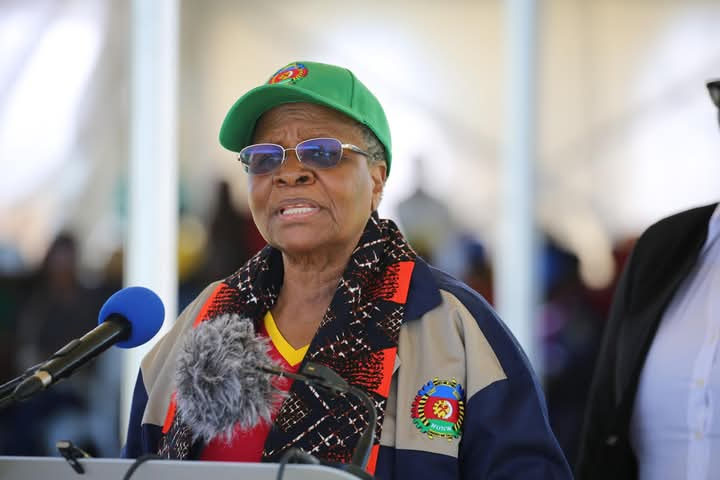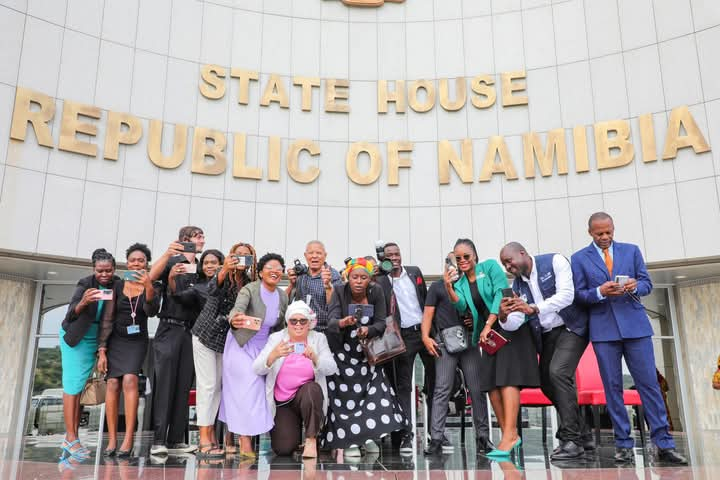DAR ES SALAAM – Tanzania is to end a contract with two European-based water and sewerage companies, in a blow to a privatisation plan some saw as an African test case.
Tanzania said last week that it was cancelling its contract with City Water Services, a partnership between Britain’s Biwater, Germany’s HP Gauff and a Tanzanian partner, because of non-performance under a 10-year contract. City Water said it was losing money because it had been given incorrect information when it signed the deal to take over state-run water and sewerage services in Dar es Salaam, Tanzania’s largest city, in August 2003.The contract was widely seen as a test case for privatisation of a major state-run utility in Africa, a condition demanded by donors in many countries on the continent.TAPS DRY Supporters of privatisation argue it is the best way to improve water delivery in many African countries where the majority of people do not have access to water in their homes.But critics said Tanzania, which has won strong donor support for embracing economic reforms, only accepted the deal to appease donors who pegged aid to privatisation.Now, many taps in Dar es Salaam are dry and dwellers have to buy water from street vendors at 10 times what City Water charges.The company has also said that most of its 60 000 customers face rationing because it can only distribute 280 million litres of water to the city’s 30 million inhabitants.”We are terminating our contract and we will not change our position,” Edward Lowassa, Minister for Water and Livestock Development told Reuters.Lowassa said City Water had failed to inject $8,5 million into operations in the first two years as agreed and that revenue collection was dropping.City Water said it had lost 7 billion Tanzania shillings (about N$40,5 million) in the first year.”At the bidding stage, our bid was based on information available at the time.Subsequently we have found some of the information was misleading and inaccurate,” Chief Executive Officer Cliff Stone told a news conference.”At the operational stage, we find we are losing.”City Water complained that upgrading the rundown distribution network was the government’s mandate under the contract.”We are like a taxi driver in a very old taxi that needs repair,” Stone said adding that the company would seek arbitration in London.The government said it had formed a new body, Dar es Salaam Water and Sewerage Corporation to replace City Water.- Nampa-ReutersCity Water said it was losing money because it had been given incorrect information when it signed the deal to take over state-run water and sewerage services in Dar es Salaam, Tanzania’s largest city, in August 2003.The contract was widely seen as a test case for privatisation of a major state-run utility in Africa, a condition demanded by donors in many countries on the continent.TAPS DRY Supporters of privatisation argue it is the best way to improve water delivery in many African countries where the majority of people do not have access to water in their homes.But critics said Tanzania, which has won strong donor support for embracing economic reforms, only accepted the deal to appease donors who pegged aid to privatisation.Now, many taps in Dar es Salaam are dry and dwellers have to buy water from street vendors at 10 times what City Water charges.The company has also said that most of its 60 000 customers face rationing because it can only distribute 280 million litres of water to the city’s 30 million inhabitants.”We are terminating our contract and we will not change our position,” Edward Lowassa, Minister for Water and Livestock Development told Reuters.Lowassa said City Water had failed to inject $8,5 million into operations in the first two years as agreed and that revenue collection was dropping.City Water said it had lost 7 billion Tanzania shillings (about N$40,5 million) in the first year.”At the bidding stage, our bid was based on information available at the time.Subsequently we have found some of the information was misleading and inaccurate,” Chief Executive Officer Cliff Stone told a news conference.”At the operational stage, we find we are losing.”City Water complained that upgrading the rundown distribution network was the government’s mandate under the contract.”We are like a taxi driver in a very old taxi that needs repair,” Stone said adding that the company would seek arbitration in London.The government said it had formed a new body, Dar es Salaam Water and Sewerage Corporation to replace City Water.- Nampa-Reuters
Stay informed with The Namibian – your source for credible journalism. Get in-depth reporting and opinions for
only N$85 a month. Invest in journalism, invest in democracy –
Subscribe Now!










